How Australia’s shopping centres and consumer behaviours will change after coronavirus is over
When the dust eventually settles on the COVID-19 pandemic, experts say there will be huge changes to the retail market. Find out how it will affect consumers and businesses.
NSW Coronavirus News
Don't miss out on the headlines from NSW Coronavirus News. Followed categories will be added to My News.
- ‘Always had a problem’: Why Target couldn’t compete
- Staff in dark as 167 Targets to shut or become Kmarts
The way Australians shop is set to change drastically once restrictions are fully lifted and the COVID-19 crisis is over, with experts warning it will be a “very different market” to what it was before the pandemic.
Over the next few months, the economic and social impact of the coronavirus will see many retailers forced to shut up shop completely, while others will consolidate and re-evaluate how they operate.
Australian Retailers Association CEO Paul Zahra says the COVID-19 pandemic is already having an impact on the way people shop and the way retailers engage with their customers.
“Looking ahead, as we commence our recovery, we feel there is reason to feel cautiously optimistic,” Mr Zahra said.
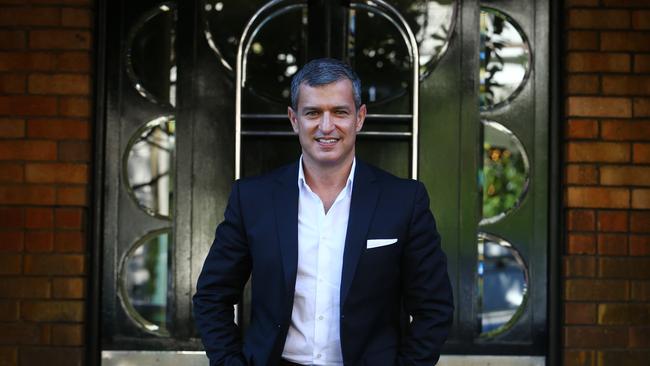
“We are encouraged by the obvious enthusiasm from Australians to return to physical stores – as reflected in the crowds of shoppers in stores around the country over recent weekend trading.
“However, our retail recovery will be slow and will track alongside our economic recovery which remains in uncharted territory globally for the short term at least.”
Foot traffic in shopping malls and strips across the country has plummeted — in the week starting April 6, it was down 93.6 per cent compared to the same time last year, according to Kepler Analytics.
The decline has since moderated, but in the week beginning May 11 it remained 67 per cent below last year.
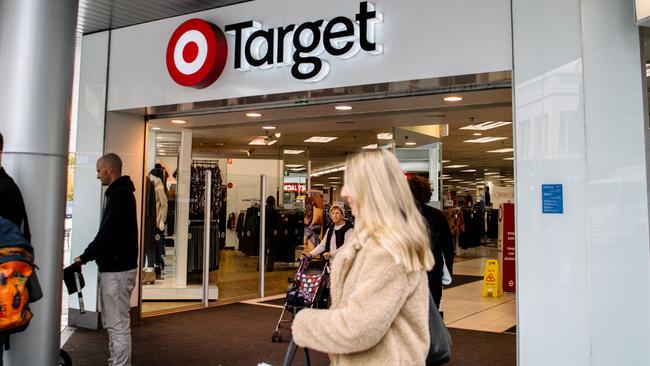
Associate Professor Nitika Garg from the School of Marketing at UNSW said most Australians are “eager to get outside” once restrictions are lifted, but it doesn’t mean “foot traffic will be translated into transactions”.
“There are multiple factors that will decide what will happen in the coming months. After being stuck, people are seeing the value of interaction and will be going straight to stores,” Prof. Garg said.
“But you have the case of people who can afford to buy products and will continue shopping, while many others will be only buying out of necessity or sticking with online shopping out of convenience.
“The coronavirus also highlighted just how quickly things can change and this has never happened in our living memories. Stores have closed down and consumers will have less options in the next few months.”
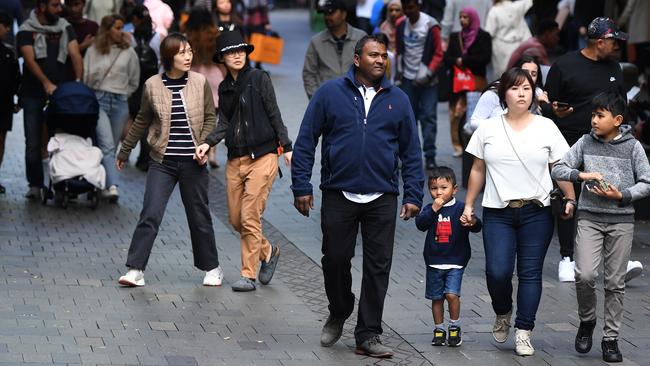
Australia Post, who has been on the front line of the shift in consumer behaviour, said they have seen an 80 per cent increase in online shopping over the eight weeks to May 15, compared to last year.
Based on their deliveries data, the peak was around Easter, making it the biggest online shopping weekend for Australia on record, overtaking Black Friday and Cyber Monday sales.
Working from home has also seen a change in shoppers' behaviour, with Australia Post finding an increase in orders placed between 2pm and 5pm, and a decrease in those placed between 7pm and 10pm.
Judy Sahay, managing director of marketing company Crowd Media Group, warns consumers not to expect shopping to be the same before coronavirus.
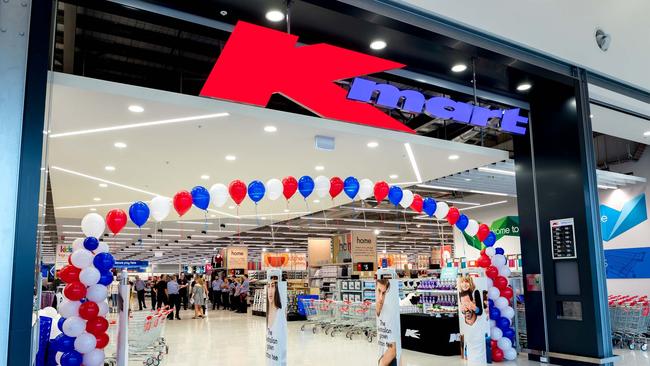
“During COVID-19 most retailers did one of three things — either permanently close down, essentially not open but closed temporarily, or lastly innovate,” Ms Sahay said.
“The retailers that took the time to innovate are the ones that will lead the way post coronavirus. Retailers were forced to rethink their marketing in order to attract a larger clientele and find ways to “scale” the business online.”
Shop owner Anita Bencic opened her new homewares store Aqua Gild in Caringbah today, and said she worked on renovating and stocking up the shelves while in lockdown.
“Most people in local community are yearning to travel so while that can't be done, we should relish in what is in our backyard,” she said.
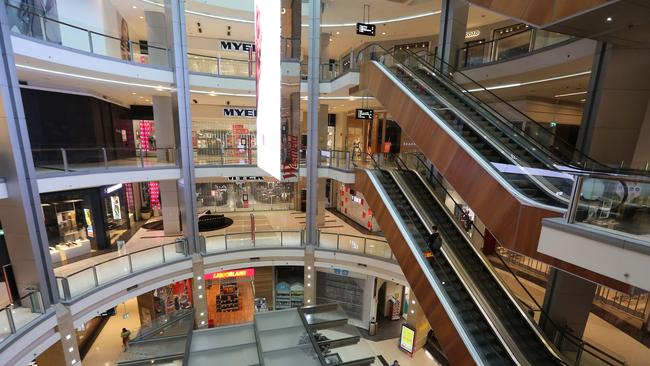
“After our opening this weekend, I am optimistic that my store is welcomed by the community. Everyone wants a bit of luxury while we spend more time at home and there can be something about visiting a store — albeit the social distancing rules.”
For businesses who didn’t manage to rebrand themselves during the lockdown, Ms Sahay says they will face a “difficult road ahead” and believes they have missed out on the opportunity.
“No doubt their foot traffic is down. I think the shift is about having a strong digital presence to ensure they can scale their business and not be limited to store restrictions and social distancing,” she said.
“Retailers can’t take their consumers for granted, they need to be digitally savvy and retailers will have to build stronger and deeper connections with their audience.
“Fo r instance, cutting down on price and competing with other competitors on price will not work. Post COVID-19 the conversation needs to speak to the hearts and minds of consumers.”

